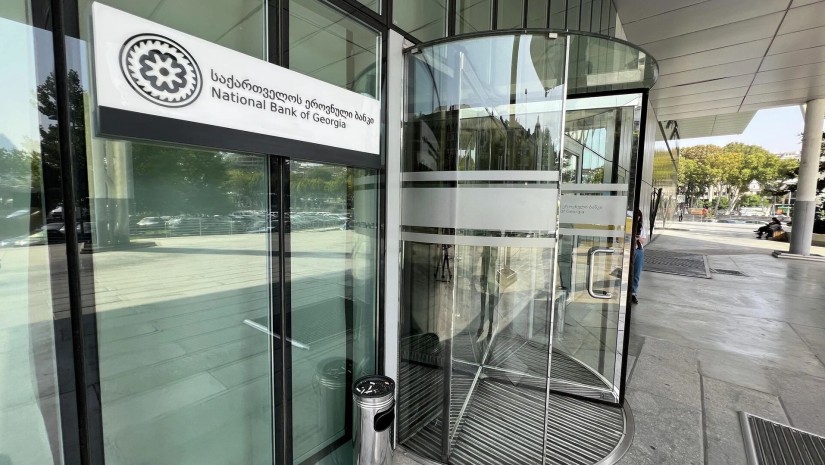The NBG responds to the recent speculations regarding increased risks of money laundering and possible evasion of sanctions connected with changes in the Tax Code.
"We would like to address recent speculations directed at the NBG and the financial system regarding increased risks of money laundering and possible evasion of sanctions connected with changes in the Tax Code.
The amendments to the Tax Code, which pertain to the exemption from profit/income tax of foreign enterprises and partner individuals registered in a country with preferential taxation, do not apply to or regulate banking transactions, as the deposit/transfer of funds is not separately taxed.
It is important to note that in accordance with international standards, best practices, and NBG instructions, such transactions undergo strict scrutiny by Georgia's banking system, both now and in the future. Therefore, the mentioned change will not alter processes within the financial system; the origin of funds and the founding documents of the company will continue to be scrutinized with the same high standards as before.
We would like to emphasize that, at the request of the National Bank of Georgia, Georgian commercial banks have implemented the highest standards of reporting and transparency. The financial system employs internal systems and control mechanisms that minimize the risks of money laundering, terrorist financing, and sanctions evasion. Despite existing geopolitical challenges, there have been no cases of executing a transaction by a sanctioned person.
MONEYVAL, the Council of Europe’s Committee of Experts on the Evaluation of Anti-Money Laundering Measures and the Financing of Terrorism, has approved Georgia’s report for the 5th round of evaluation of measures against money laundering and financing of terrorism. The supervisory process and practice of the National Bank of Georgia were evaluated as achieving effective results.
The National Bank of Georgia, mandated by legislation, conducts on-site inspections of commercial banks to ensure compliance with anti-money laundering legislation and sanctions regimes. It continuously examines banking transactions related to various jurisdictions. The NBG has approved guidelines for the screening mechanisms of SWIFT messages (deposits/transfers) and the study of transactions related to import-export and re-export, which commercial banks follow. Furthermore, international transfers are conducted through Europe and America's largest correspondent banks, confirming that Georgian commercial banks operate in full compliance with standards, transparently, and in accordance with current regulations.
On-site inspections of commercial banks reveal that to comply with sanctions regimes, clients and their transactions are properly studied, and preventive measures are taken.
The National Bank of Georgia, along with the banking sector, will proactively continue to observe all necessary measures in the future to strengthen Georgia's financial stability.
We call on all interested parties to refrain from speculating on the said content, as it harms the reputation of one of the country's most important banking and financial systems", - the statement reads.
















